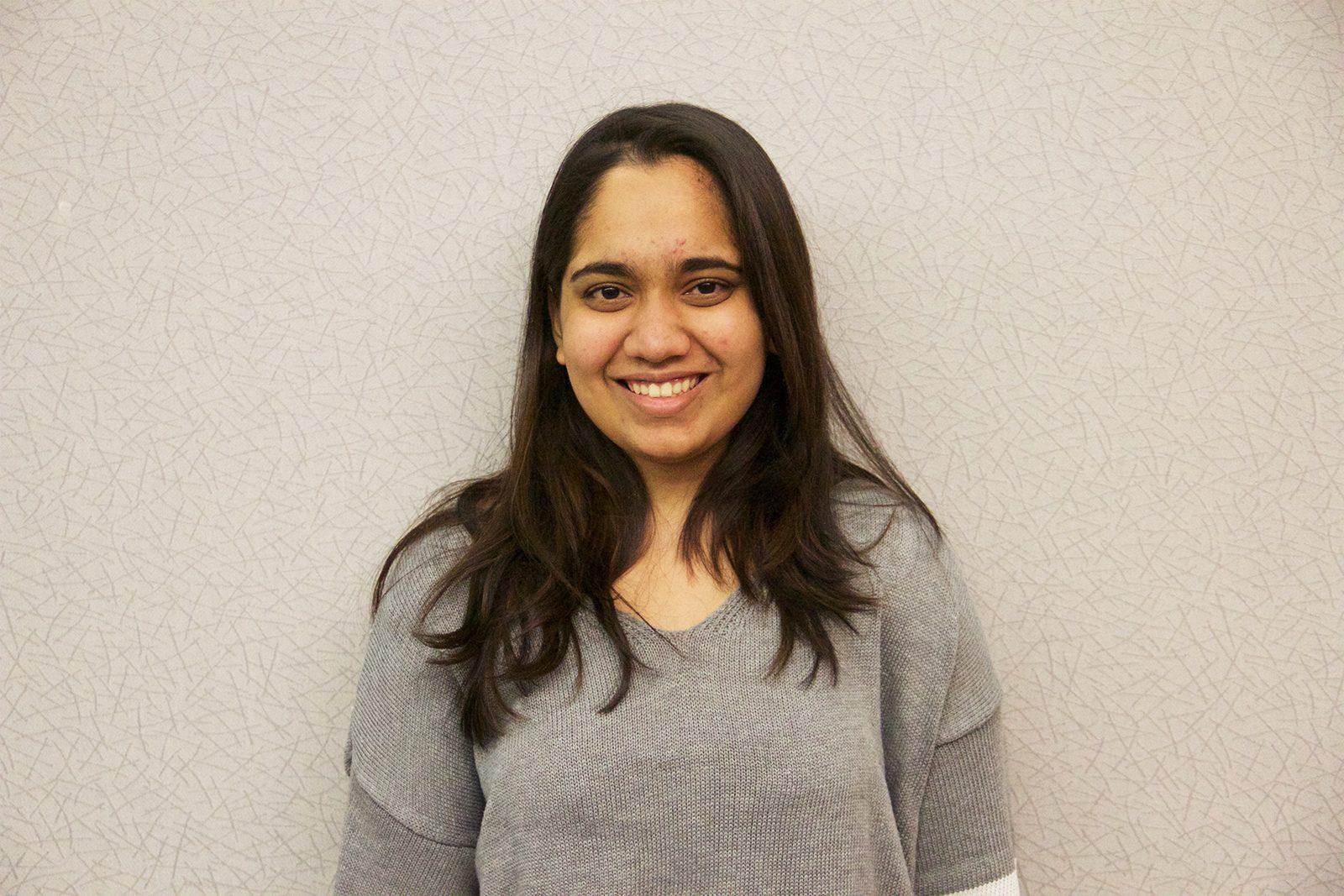A quick search on “mental health treatment in Nigeria” will show you thousands of articles about Nigeria’s dependence on spiritual healing. Faith healers can be found in almost every community in the country. In Ibadan, a single Muslim healer is in charge of a center that can take care of double the amount of patients of the psychiatric ward in town. Even if patients do turn up at psychiatric hospitals, it is only when every other option has been exhausted. Many looking for treatment have already spent a lot of time in either churches or mosques, but are often subjected to fasting, periods of isolation, flogging or shackling. This means that clinicals now have to treat the “treatment” meant to cure the illness, which oftentimes makes the illness much worse.
One of the major reasons behind the dependency on spiritual and religious healing is the lack of access to trained medical professionals. In 2003, the Nigerian population was at 120 million people, while the number of trained psychiatrists they had was smaller than 100. The situation hasn’t improved by much in the past 14 years, with psychiatric professionals still numbered at less than 200 for the ever-growing population. Last week, we briefly looked at the role that alternate forms of treatment play in India and China. In Nigeria and several other African nations, this role is further enlarged by the acute lack of access to modern medical facilities. Even in developing countries where psychiatric practice is developing quicker than it is in Nigeria, people still first seek help from traditional healers, spiritualists or religious institutions.
Another reason behind this is that most Nigerians, regardless of their level of education, believe in varying degrees that mental illnesses have supernatural causes. The lack of formal education and technical training that pervades many developing countries is a huge contributor to this problem. When orthodox treatment is more expensive, less accessible and also more “foreign” and unknown, people are not likely to look to it for help. However, when the efforts of healers seem to have failed, which is often the case, people do turn to professional psychiatric treatment. That is, if they intend to continue treatment at all. Often, when spiritual healing doesn’t work, people are just marked as lost causes.
Clearly, the gap between the developed and some (if not many) developing countries is pretty large. The roadblocks to accessible treatment are very different in developing nations like Nigeria. In many cases, the governments can’t always fund mental health treatment. When primary health care is difficult to access, people are less likely to lobby for mental health awareness. Additionally, greater education about mental illnesses is crucial in order to prevent them from taking measures that are more likely to cause harm, and also to get rid of the notion of mental illness being a “curse” that can be shooed away by spiritual acts of penance. Only after these basic steps are undertaken can Nigeria look at investing more heavily into infrastructure for the treatment of mental illnesses and into training more professionals in the field, both of which are going to be challenging for their economy.
In the meantime, what a lot of Nigerian medical professionals are trying to do is collaborate with these spiritual healers. The trick is to convince them to modify their treatments and to even refer some cases to medical professionals. That sort of collaboration is happening on a very small, individualistic level, but it has the potential to temporarily transform the initial line of treatment for thousands of people suffering from mental illnesses.























































































































